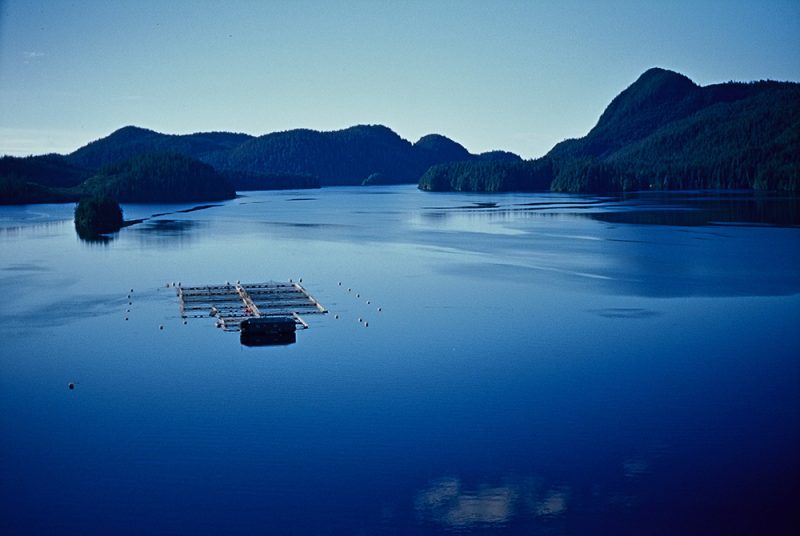Fish farms carbon footprint among lowest affirms study
New findings in Iceland are broadly in line with studies carried out in other countries, including Canada.
By SeaWestNews
A new study in Iceland has reaffirmed that the carbon footprint of fish farming in the Arctic nation is lower than most other forms of food production.
The detailed scientific study has established that in 2017 the total carbon dioxide (Co2) release was equivalent to 31,000 tonnes, broadly the same as that from conventional fishing operations, but considerably lower than general food production in the country.
The study was requested by the Icelandic Aquaculture Federation and prepared by the Icelandic Environmental Consultancy (Environice) according to a report in fishupdate.com
The findings should help to challenge claims by environmental and sport salmon fishing groups, who constantly oppose fish farm expansion plans, that aquaculture is damaging Iceland’s climate, said the report.
A carbon footprint measures the total greenhouse gas emissions caused directly and indirectly by the production of a product. Carbon footprint is measured in kg of carbon dioxide equivalent (CO2e) per kg edible protein of the product.
The Icelandic Aquaculture Federation said the findings are broadly in line with studies carried out in other countries.
The largest part of salmon farming’s carbon footprint in Iceland (about 93 per cent) lies in the production and transport of feed, the researchers found.
“From this it is clear that the impact on the climate lies primarily in activities that take place outside the salmon farms themselves,” the federation said.
John Paul Fraser, executive director of the British Columbia Salmon Farmers (BCSFA) in an op-ed published recently said fish farmers are already setting the example in Canada with salmon, which is raised with very small greenhouse gas emissions.
B.C. salmon farmers emit only 2.2 kilograms of carbon dioxide for every kilogram of edible fish produced. That is less than half of any animal raised on land, including 5.1 kilograms of CO2 per kilogram of chicken, 6.4 kilograms for pork, and 37.2 kilograms for beef.
In addition, salmon are cold-blooded, so they convert more of the food they eat to muscle than warm-blooded animals farmed on land – only 1.1 kilograms of feed is needed to increase a farmed salmon’s weight by one kilogram, while it takes 1.9 kilograms of feed for chicken, 3.8 kilograms for pork and 8.0 kilograms for beef.
“Ocean-based salmon farms are powered largely by clean, limitless ocean currents rather than electricity and oil, which positions the industry to meet the world’s growing demand for healthy, nutrient-rich protein while reducing environmental stress to our planet,” wrote Fraser.
RELATED LINKS
